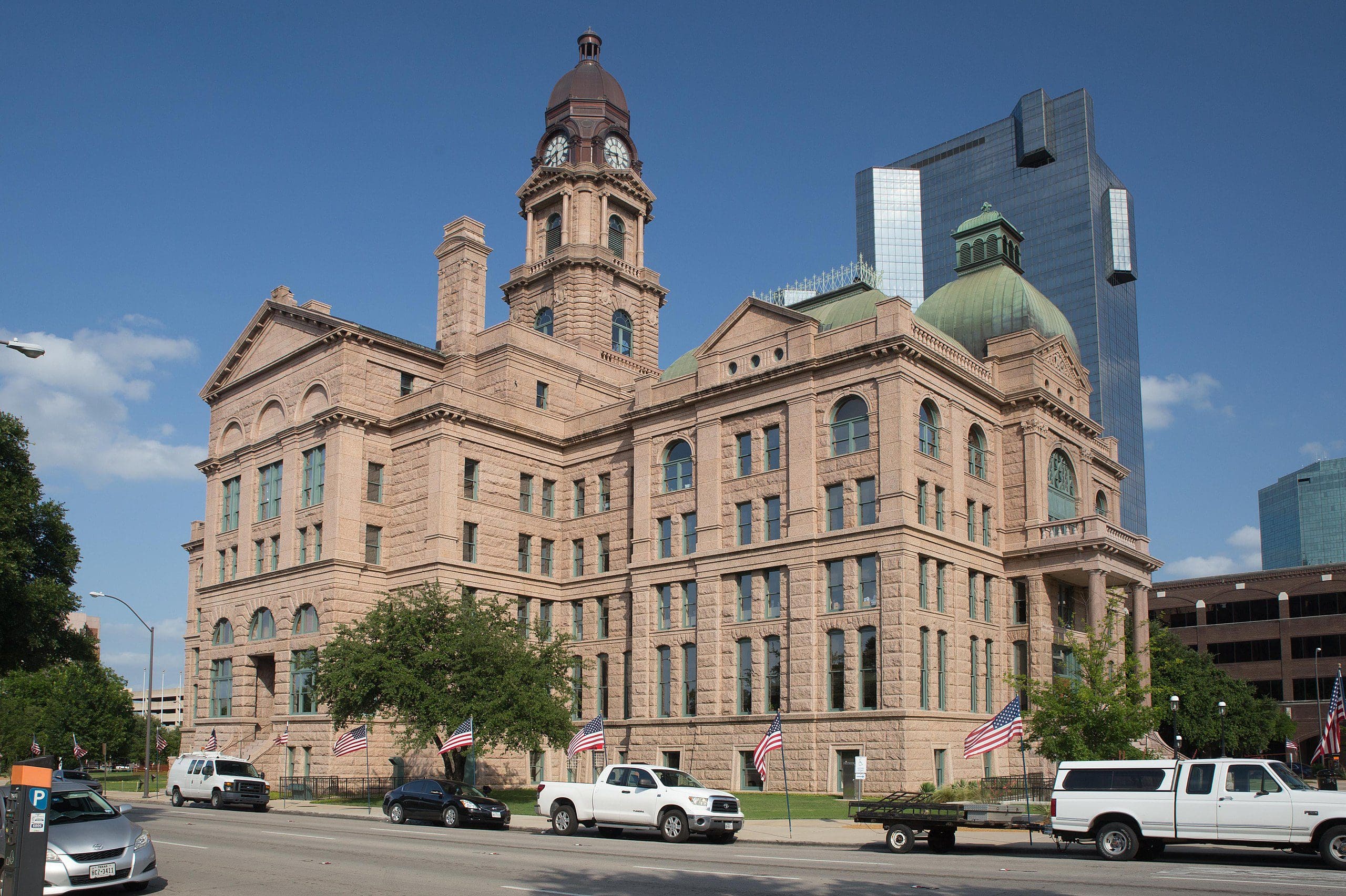Two leftist organizations purporting to represent Latino voters are suing to block a new Texas law passed by Republicans to prevent people from illegally voting where they don’t live. But the lawsuit exclusively targeting Democrat county election officials suggests a legal strategy that’s far from adversarial.
On Tuesday, the Texas League of United Latin American Citizens (LULAC) and Voto Latino filed a federal lawsuit challenging the constitutionality of Senate Bill 1111—a move blasted by the bill’s author, State Sen. Paul Bettencourt (R–Houston), as a “preposterous attempt by Leftist Progressives” to keep “impossible” addresses on Texas voter rolls.
In a post on Thursday, Bettencourt said the bill is about keeping the integrity of the voter roll high. “SB 1111 will make sure voters are registered to vote at a physical address where they actually live so elections are not unfairly impacted,” he added.
The new law, set to take effect on September 1, clarifies voters must register at a place they inhabit, not at a post office box or commercial address.
It requires voters registered at a private P.O. box to document a valid residential address for voting purposes. It also prohibits voters from establishing residency to influence the outcome of an election.
LULAC’s lawyers (including national Democrats’ counsel Perkins Coie) claim SB 1111 violates the First, 14th, and 26th Amendments to the U.S. Constitution.
To stop enforcement of the voter residency rules, plaintiffs filed a lawsuit in U.S. District Court in Austin, selectively targeting voter registration officials in six Democrat-controlled counties: Bexar, Dallas, El Paso, Harris, Hidalgo, and Travis.
SB 1111 passed the Texas House and Senate on party-line votes, so it’s likely the selected defendants actually agree with the plaintiffs’ goal of blocking the law—suggesting LULAC’s litigation could be seen as collusive.
Collusive litigation occurs when the parties are not actually in disagreement about an issue, but are “cooperating to steer the court towards some agreed-upon conclusion.”
According to Cornell Law School’s Legal Information Institute, collusive suits are not allowed in federal court because they are not adversarial.
Texas Democrats tried a similar strategy last year when they sought to make mail-ballot voting universal by using COVID fears as an excuse. A week after the governor declared a public health disaster, Democrats sued Travis County Clerk Dana DeBeauvoir—a Democrat sympathetic to their cause—not because she was violating any election law, but to ask a state judge to order her (and by extension, all county election officials) to disregard state laws defining who is eligible to vote by mail. Texas Attorney General Ken Paxton intervened, and the Democrats eventually dropped the suit.
Bettencourt called the current LULAC lawsuit “extremely odd.”
He also said LULAC’s assertion that SB 1111 is “a solution in search of a problem” that doesn’t solve any real issues “is known to be utterly false.”
From 1998-2008, Bettencourt served as the voter registrar of Harris County, which has more registered voters (now 2 million-plus) than any other county in Texas.
In 2018, several thousand of those voters were found to be registered at UPS stores and other private P.O. box addresses and casting votes in districts where they didn’t live.
“Is it voter suppression to not allow them to register there because they do not live there?” he said. “Of course NOT!! SB 1111 simply stops ‘impossible addresses’ from being used on the voter roll that are not any form of real physical habitation.”
“It’s a Texas tradition for LULAC and the Texas Democrat Party to sue over election legislation that will reduce election fraud,” longtime voting integrity advocate Alan Vera told Texas Scorecard.
Vera chairs the Harris County Republican Party Ballot Security Committee and testified in favor of SB 1111, based on his experience identifying voters improperly registered at P.O. box addresses—including during Houston’s 2018 mayoral runoff, which was decided by just 4,000 votes. He said the new law is key to stopping the practice of “packing the district.”
Voters are paid to “move” into a district, changing their voter registration addresses to a P.O. box inside the area that’s about to have an election. They vote in that election and then “leave” right after.
The new law should also shut down “rent-a-voter” schemes, in which developers pay voters to temporarily register in a vacant district and vote in favor of millions of dollars in bonds to fund infrastructure for their developments. Developers have taken advantage of Texas’ vague residency requirements to employ such schemes throughout the state, including in Harris County and neighboring Montgomery County.
SB 1111 was one of Bettencourt’s “Integrity 7” bills filed during this year’s regular legislative session and among a handful of priority election reforms passed by the Republican-controlled Legislature.
Election integrity, including cleaning up voter rolls, was a top legislative priority for 2021 among grassroots conservatives and Texas GOP delegates, but lawmakers failed to pass advocates’ top-tier comprehensive election reform bill.
Gov. Greg Abbott has said election integrity will be on the agenda of a special session starting July 8.





